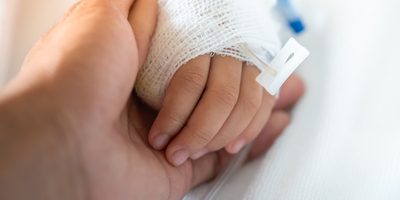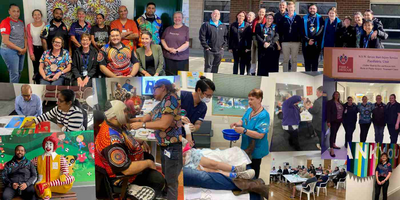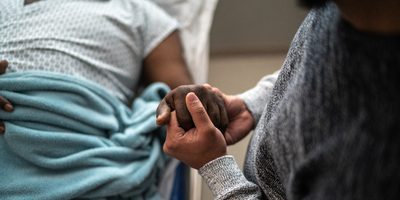
Consent Study: Exploring the experiences of the consent process for Aboriginal and Torres Strait Islander people having cardiac surgery and participating in medical research
Background
- Gaining informed consent is a critical step before any medical procedures, or before taking part in medical research that requires effective communication.
- Cultural differences in concepts of health and healing, miscommunication, language barriers, and racism, hinder an appropriate informed consent process for Aboriginal and Torres Strait Islander peoples.
- Inappropriate informed consent processes worsen historical distrust and poor communication with health professionals widening health disparities for Aboriginal and Torres Strait Islander peoples.
Aims
- To explore Aboriginal and Torres Strait Islander people’s experience of informed consent process in relation to cardiac surgery and participation in medical research
- To explore clinician’s and researchers’ experience obtaining informed consent from Aboriginal and Torres Strait Islander people.
- Results will inform the development of strategies to ensure informed consent processes are culturally safe and assist Aboriginal and Torres Strait Islander people in making informed decisions about their health.
Method
- We will yarn with Aboriginal and Torres Strait Islander people who underwent cardiac surgery about their informed consent process - how they felt about it, and whether or not their expectations compared with their actual experience.
- Semi structured interviews will be conducted with members from the cardiothoracic surgery team and researchers to explore their experience of obtaining informed consent from Aboriginal and Torres Strait Islander patients.
Potential Impact
- The findings from this study will inform the design and implementation of strategies and materials to help clinicians and researchers obtain culturally safe and genuine informed consent from Aboriginal and Torres Strait Islander peoples.
- Implementing strategies to improve communication between surgeons and patients during informed consent will facilitate the provision of care that is culturally safe.
Fast Facts
- Due to ongoing colonisation, systemic racism, and lack of cultural safety in the Australian health system, Aboriginal and Torres Strait Islander people experience a wide health gap.
- Aboriginal and Torres Strait Islander people require surgery 20 years younger than other Australians, present to surgery with advance stages of disease and have higher post-operative complications.
- Miscommunication regarding a surgical procedure, and failure to obtain a truly informed consent can exacerbate Aboriginal and Torres Strait Islander people’s distrust towards western healthcare systems.
- Distrust towards healthcare systems perpetuate barriers to accessing surgical treatment in a timely manner and contribute to health disparities experienced by Aboriginal and Torres Strait Islander surgical patients.
This project is in partnership with Curtin University, Flinders University, Fiona Stanley Hospital and Townsville University Hospital. It is supported by the Medical Research Future Fund International Clinical Trial Collaboration (MRFF ICTC)










